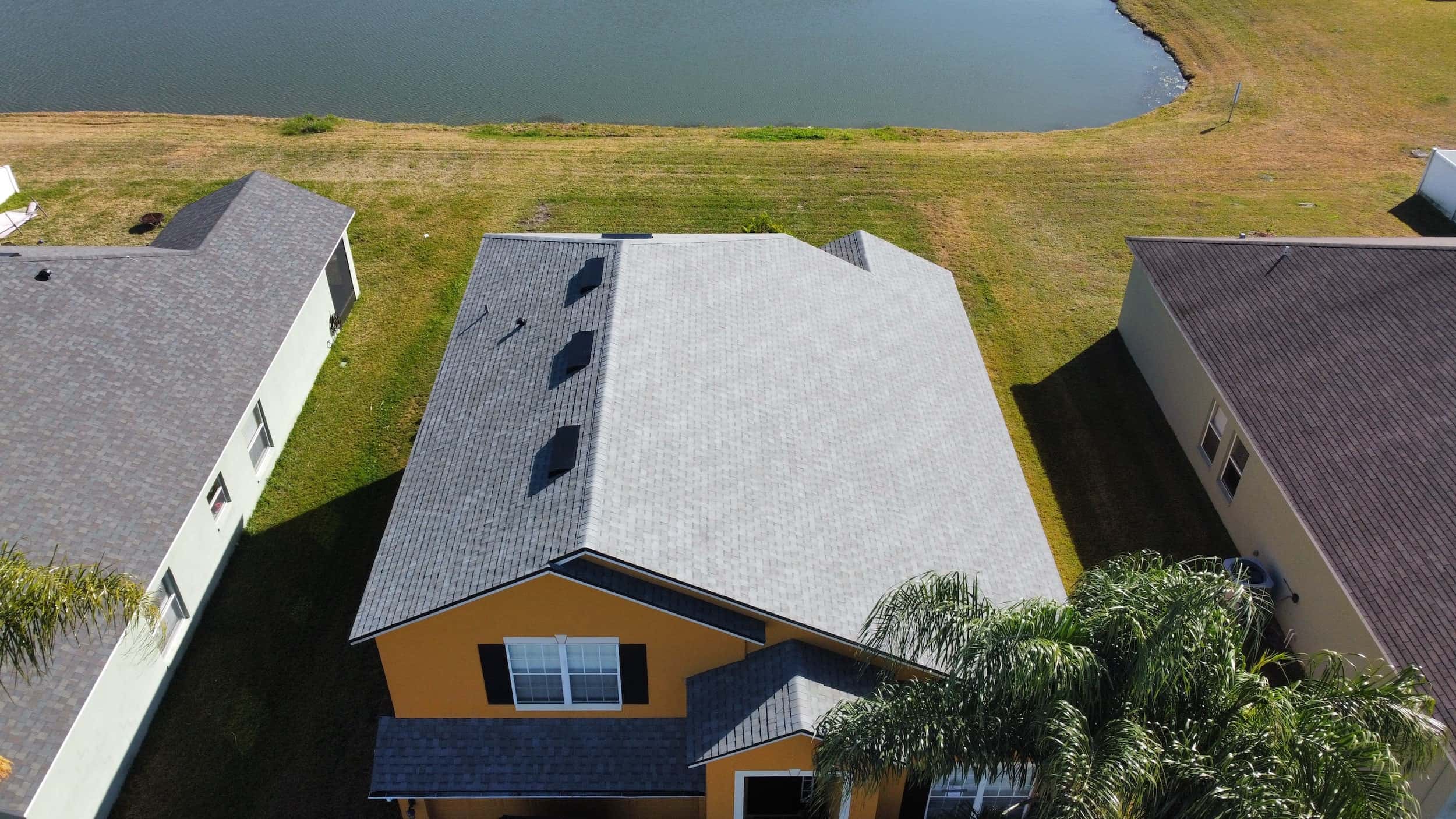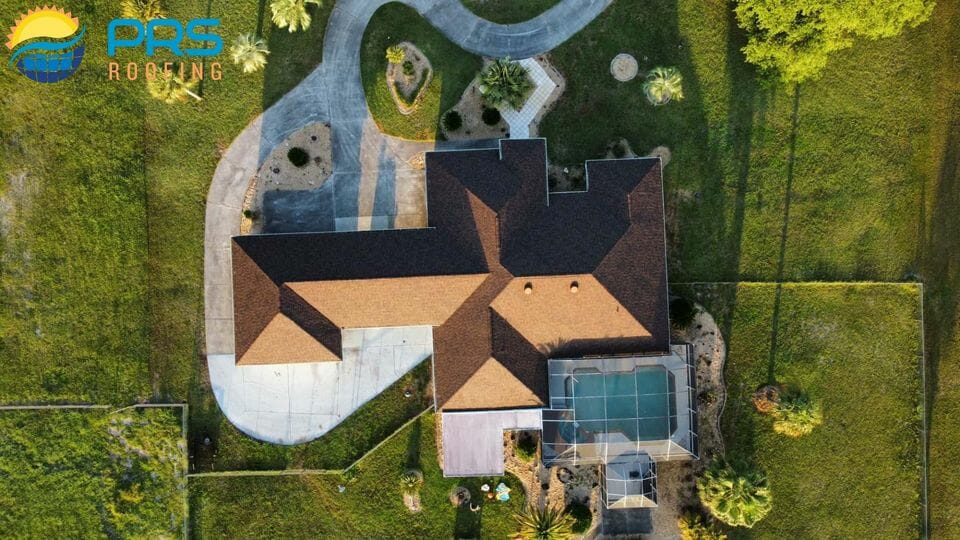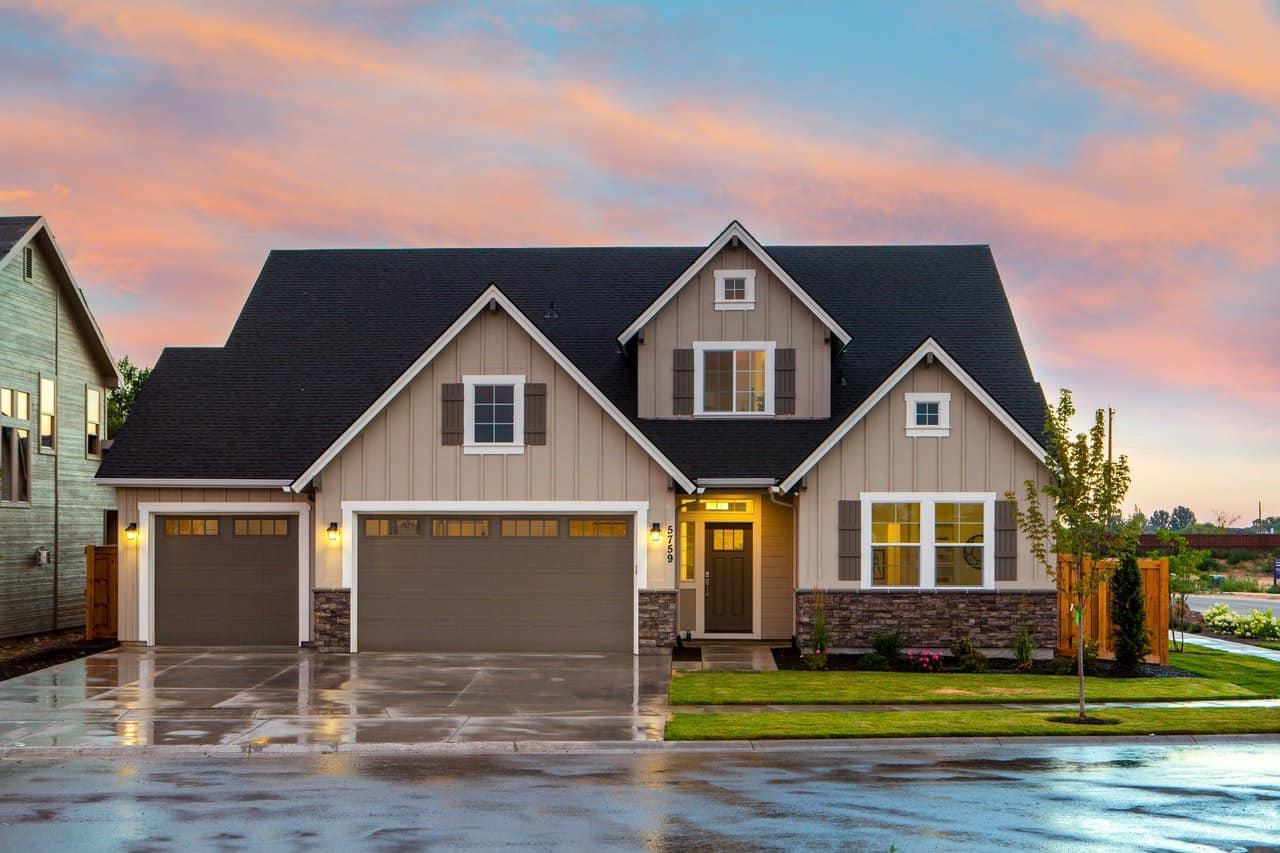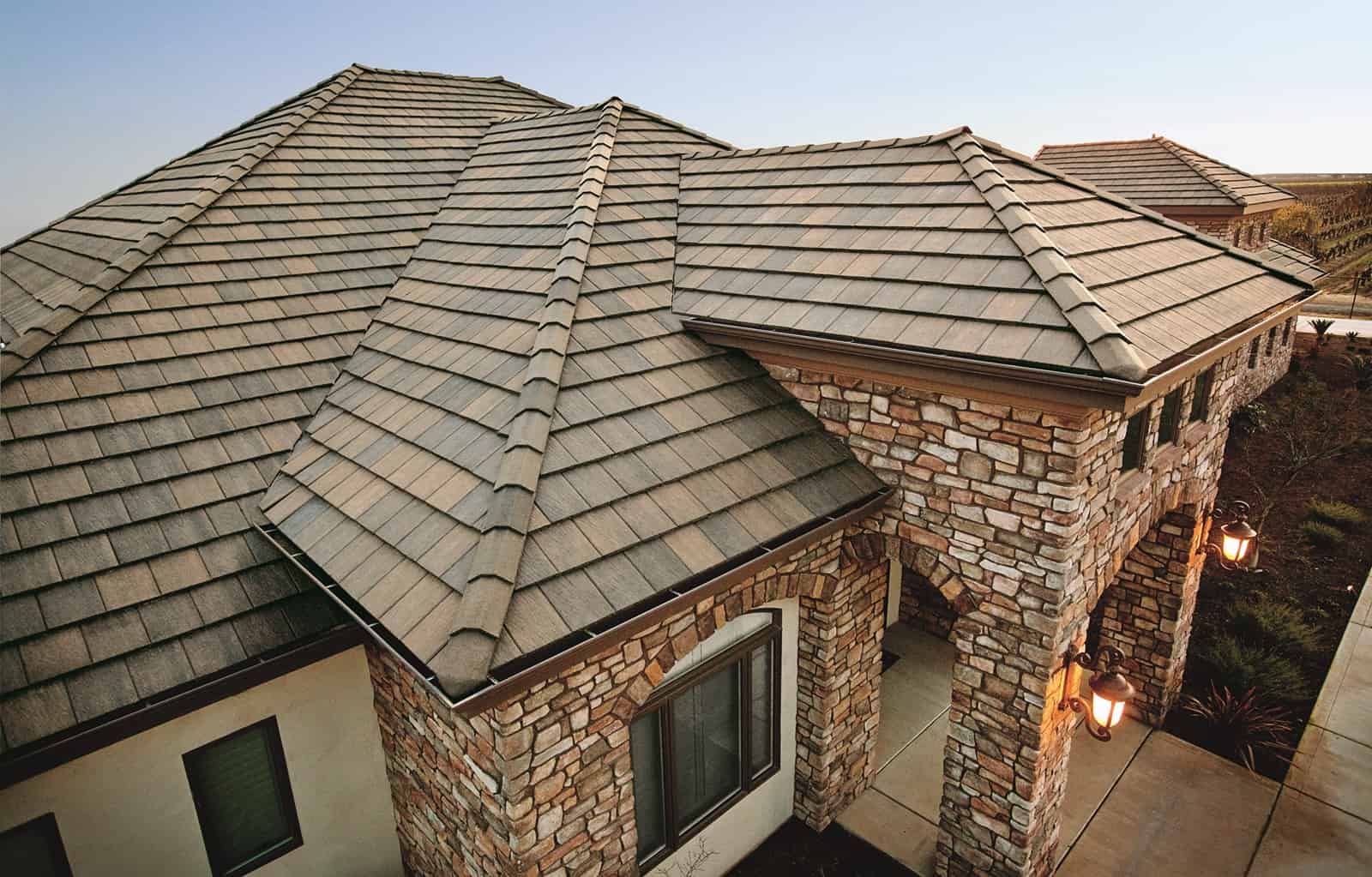Florida’s unique climate poses distinct challenges for homeowners and businesses when it comes to the longevity of their roofs. The combination of intense sun, high humidity, heavy rains, and the occasional hurricane can significantly impact the lifespan of various roofing materials. This comprehensive guide explores the lifespan of roofs in Florida, providing valuable insights and tips for ensuring your roof lasts as long as possible.

Understanding the Lifespan of Roofs in Florida
Factors Affecting Roof Lifespan
- Climate: Florida’s hot and humid climate accelerates the wear and tear of roofing materials. UV rays from the sun can degrade roofing materials, while heavy rains and hurricanes can cause physical damage.
- Material Quality: The type of roofing material and its quality play a crucial role in determining how long a roof will last. High-quality materials generally offer better resistance to Florida’s harsh weather conditions.
- Installation: Proper installation by experienced professionals ensures that the roof can withstand environmental stressors. Poor installation can lead to premature failure, regardless of the material’s quality.
- Maintenance: Regular maintenance, including inspections and minor repairs, can extend a roof’s lifespan by addressing issues before they become significant problems.
Typical Lifespan of Different Roofing Materials
- Asphalt Shingles: These are the most common roofing materials due to their affordability. In Florida, asphalt shingle roofs typically last 15-20 years, but high-quality shingles can last up to 25 years with proper maintenance.
- Metal Roofs: Metal roofs are known for their durability and can last 40-70 years in Florida. They are resistant to many common problems, such as rot and insect damage.
- Tile Roofs: Clay or concrete tiles can last 50 years or more. These materials are highly resistant to Florida’s weather but require proper installation and maintenance to prevent cracking.
- Flat Roofs: Commonly used in commercial buildings, flat roofs have a lifespan of 20-30 years. However, they require more frequent maintenance to prevent leaks and ponding water.
- Wood Shingles and Shakes: While aesthetically pleasing, wood roofs are less common in Florida due to their susceptibility to moisture and insect damage. Their lifespan is typically 20-30 years with regular maintenance.
Extending the Lifespan of Roofs
- Regular Inspections: Conducting regular roof inspections helps identify potential issues early. It’s advisable to inspect your roof at least twice a year and after major storms.
- Timely Repairs: Addressing minor issues, such as loose shingles or small leaks, can prevent more extensive and costly damage in the future.
- Proper Ventilation: Ensuring your attic has adequate ventilation helps regulate temperature and moisture levels, reducing the risk of damage to the roof structure.
- Clean Gutters: Keeping gutters clean and free of debris prevents water from backing up and causing damage to the roof and its underlying structure.
- Professional Maintenance: Hiring professional roofing contractors for regular maintenance ensures that your roof receives the care it needs to last longer.

The Lifespan of Roofs in Different Florida Regions
Coastal Areas
Coastal regions face additional challenges due to saltwater exposure and high winds. Roofs in these areas require materials resistant to corrosion and wind uplift. Metal roofs and tiles are ideal choices for coastal homes.
- Challenges:
- Saltwater corrosion
- High winds and hurricanes
- Recommended Materials:
- Metal roofs
- Concrete or clay tiles
Inland Areas
Inland areas, while still subject to heavy rains and high temperatures, are less exposed to the harsh conditions of coastal regions. Asphalt shingles and flat roofs are common in these areas.
- Challenges:
- High temperatures
- Heavy rains
- Recommended Materials:
- Asphalt shingles
- Flat roofing systems

Detailed Look at Roofing Materials
Asphalt Shingles
Advantages:
- Cost-effective
- Wide variety of styles and colors
- Easy to install and repair
Disadvantages:
- Shorter lifespan compared to other materials
- Prone to wind and hail damage
Maintenance Tips:
- Regularly inspect for damaged or missing shingles
- Ensure proper attic ventilation
- Clean gutters to prevent water buildup
Metal Roofs
Advantages:
- Extremely durable and long-lasting
- Resistant to fire, rot, and insect damage
- Reflective surfaces reduce energy costs
Disadvantages:
- Higher initial cost
- Requires professional installation to avoid issues like oil canning and leaks
Maintenance Tips:
- Inspect for rust or corrosion, especially in coastal areas
- Check and seal any joints or seams
- Clean off debris and dirt to maintain appearance
Tile Roofs
Advantages:
- Long lifespan and durability
- Resistant to fire, rot, and insect damage
- Aesthetic appeal with a variety of styles
Disadvantages:
- Heavy, requiring additional structural support
- Higher installation cost
- Fragile and can crack under impact
Maintenance Tips:
- Inspect for and replace cracked or broken tiles
- Clean moss and algae growth
- Ensure proper flashing and sealing to prevent leaks
Flat Roofs
Advantages:
- Cost-effective for large surfaces
- Easy to install and maintain
- Space for rooftop installations like HVAC units or gardens
Disadvantages:
- Prone to leaks and water pooling
- Requires more frequent maintenance
Maintenance Tips:
- Ensure proper drainage to prevent water pooling
- Regularly inspect for and repair any membrane damage
- Keep the roof surface clean and free of debris
Wood Shingles and Shakes
Advantages:
- Natural, rustic appearance
- Good insulation properties
Disadvantages:
- Susceptible to fire, rot, and insect damage
- High maintenance requirements
Maintenance Tips:
- Regularly treat with preservatives and sealants
- Inspect for signs of rot or insect infestation
- Replace damaged or missing shingles promptly
FAQ: Lifespan of Roofs in Florida
Q: How often should I inspect my roof in Florida?
A: It’s recommended to inspect your roof at least twice a year, typically in the spring and fall. Additionally, inspections should be conducted after major storms or hurricanes.
Q: What are the signs that my roof needs repair or replacement?
A: Common signs include missing or damaged shingles, water stains on ceilings or walls, visible leaks, sagging roof areas, and increased energy bills due to poor insulation.
Q: Can I install a new roof over an existing one?
A: While it’s possible to install a new roof over an existing one, it’s generally not recommended. This can conceal underlying issues and add unnecessary weight to the roof structure.
Q: How can I improve the energy efficiency of my roof in Florida?
A: Consider using reflective roofing materials, ensuring proper insulation and ventilation, and maintaining a clean roof to enhance its reflective properties.
Q: What is the best roofing material for hurricane-prone areas in Florida?
A: Metal roofs and high-quality tiles are recommended for hurricane-prone areas due to their durability and resistance to high winds and impacts.
Conclusion
Understanding the lifespan of roofs in Florida is crucial for homeowners and businesses aiming to protect their properties from the state’s challenging climate. By choosing the right materials, ensuring proper installation, and committing to regular maintenance, you can significantly extend the life of your roof. Whether you live in a coastal or inland area, taking proactive steps will help ensure your roof provides reliable protection for years to come. For professional roofing services, consider partnering with experienced contractors who understand the unique demands of Florida’s environment.


